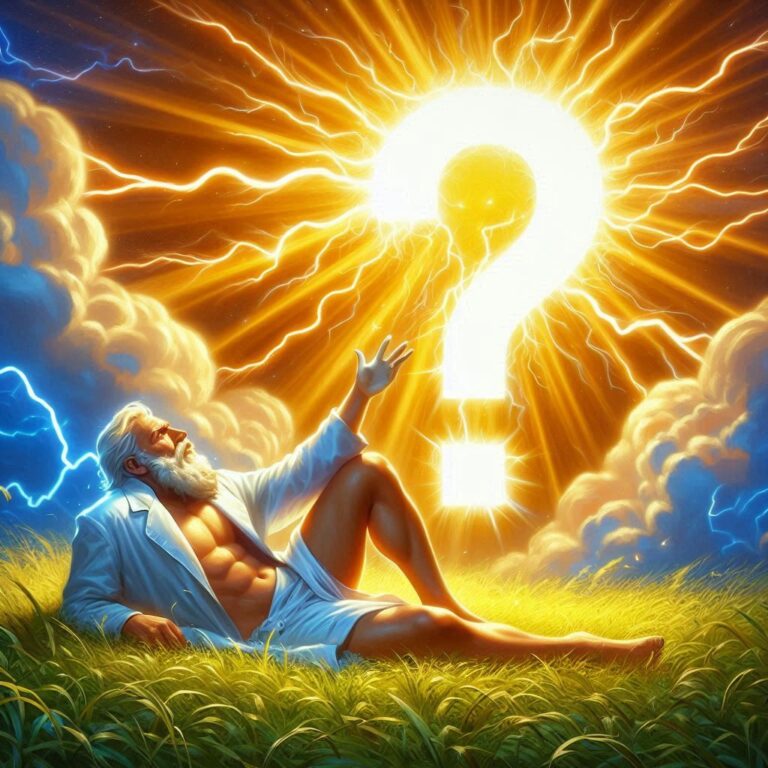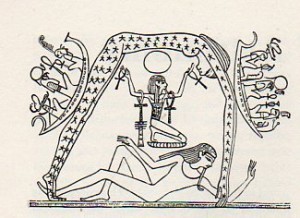I keep encountering arguments from incredulity in the speculative religious community. An argument from incredulity is just an assertion by the arguer that they can’t imagine how something is possible. In two recent examples, the arguers are the Christian faithful and are trying to deconstruct materialist counterarguments to their speculations about collections of facts. I think this is both an intellectual and a moral failure. It is an intellectual failure when the speculators don’t choose the obvious stance with regard to unknowns and unknowables: I don’t know. It is a moral failure when the consequences of such intellectual failures leads to weakly-justifiable faith constructs that harm or might harm others.
Let’s take a couple of examples. First, we have Ross Douthat (I know, I know, I spend too much time on him, but he does have a big platform being at New York Times). He has a forthcoming book about why one should believe in a religion, although he is not forceful about which particular one is the right choice for any individual, it seems. But here is a recent set of three arguments from that book. They all rely on incredulity in some way.
- The fine tuning argument. Ross thinks it is highly improbable that some physical constants in our universe happened by chance. He also thinks that one materialist solution to that happenstance is to speculate about multiverses. In the multiverse solution, there are many universes (maybe a cosmic foam with little universe bubbles!) and ours just happened to be goldilocksish for the structure we observe. Of course, we can speculate all day about this. We can instead say perhaps we have been having infinite Big Bangs as a single universe expands then collapses.

